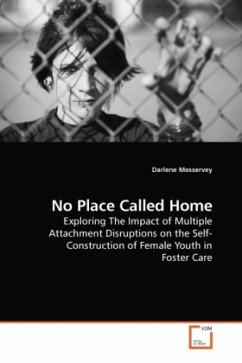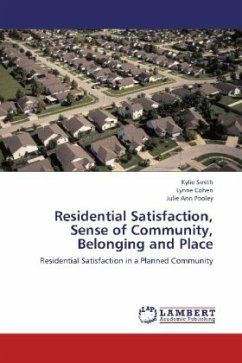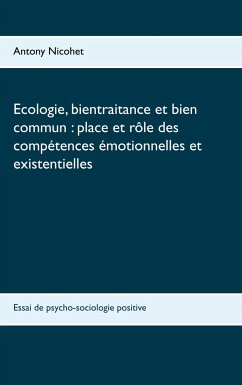This research explores the lives and experiences of adolescent girls who have been raised in the foster/residential care system, and have experienced its instability and transitional nature. The result is frequent disruptions in attachment and accumulative losses. It explores the impact of their experiences on the construction of self and the development of an internal working model, as well as the employment of coping strategies as a way to protect themselves emotionally, preserve their sense of self, and make sense of their world. Findings suggest that the difficulties faced by the girls in this study are the sequelae of unmet attachment needs that contribute to a negative working model which is damaging to one's self- construction. A number of practice implications are presented as means to address the deficiencies underlying the dissatisfaction of attachment needs, to alter the negative working model and to promote a more positive self-construction.








